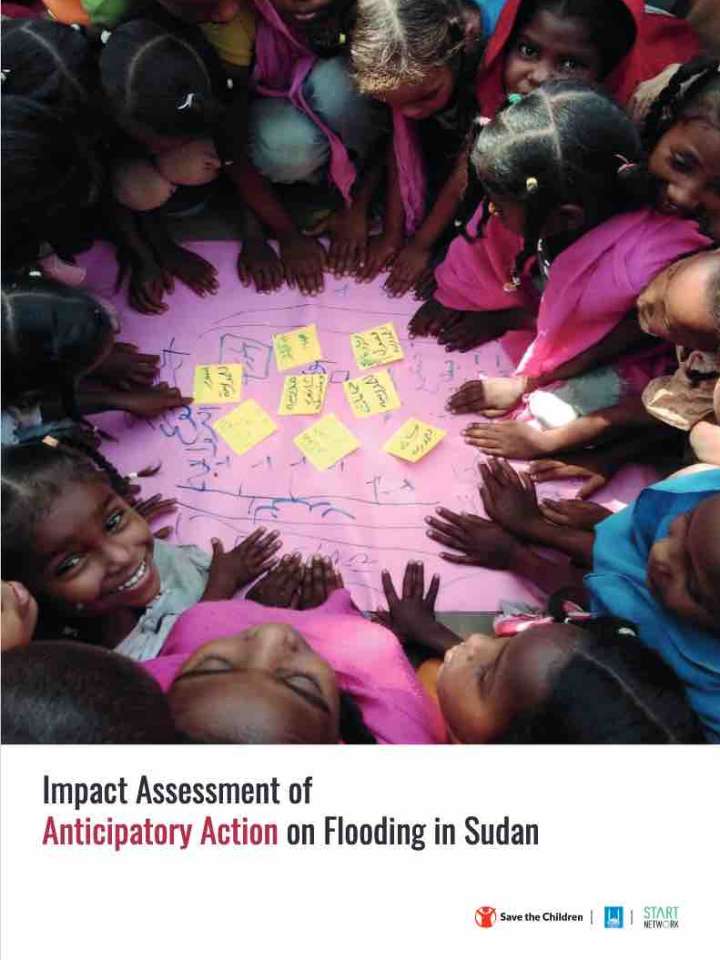Impact assessment of anticipatory action on flooding in Sudan
This study examines the impact of the community-based anticipatory interventions primarily by comparing perceptions on impact of community members in the villages targeted in Blue Nile, Sennar and Khartoum states with perceptions of those from control villages which were not targeted by the project. Between late June and early August 2021, several NGOs through the Start Fund undertook flood-related anticipatory activities aimed to protect property, assets and livelihoods from damage; and which capacitated communities and local services to better act in their roles as first responders, in communities across four states in Sudan.
The results of this Impact Assessment confirm that anticipatory action made a significant difference to the targeted communities by helping them to avoid damage and risks associated with flooding, and increasing the coping capacity of particularly vulnerable households which were prioritised for various NFI assistance and fast-maturing seed distribution. In particular, anticipatory actions helped reduce the damage to shelters, facilities and infrastructure as well as reduce the prevalence of flood related diseases especially malaria. Anticipatory actions also had tangible benefits on livelihoods, not only reducing the damage that floods caused to crops and livestock but improving access to income for supported communities.
Explore further
